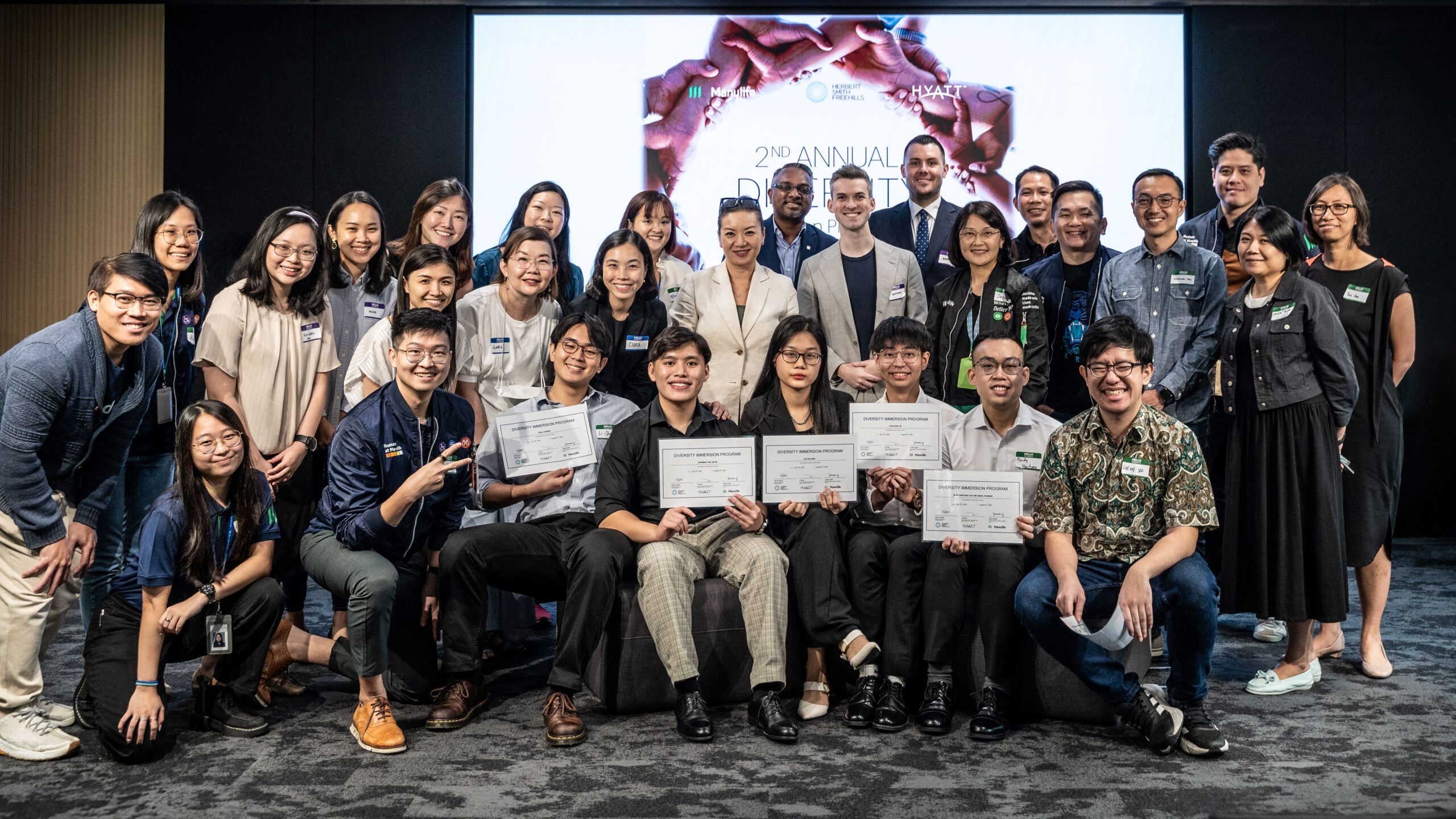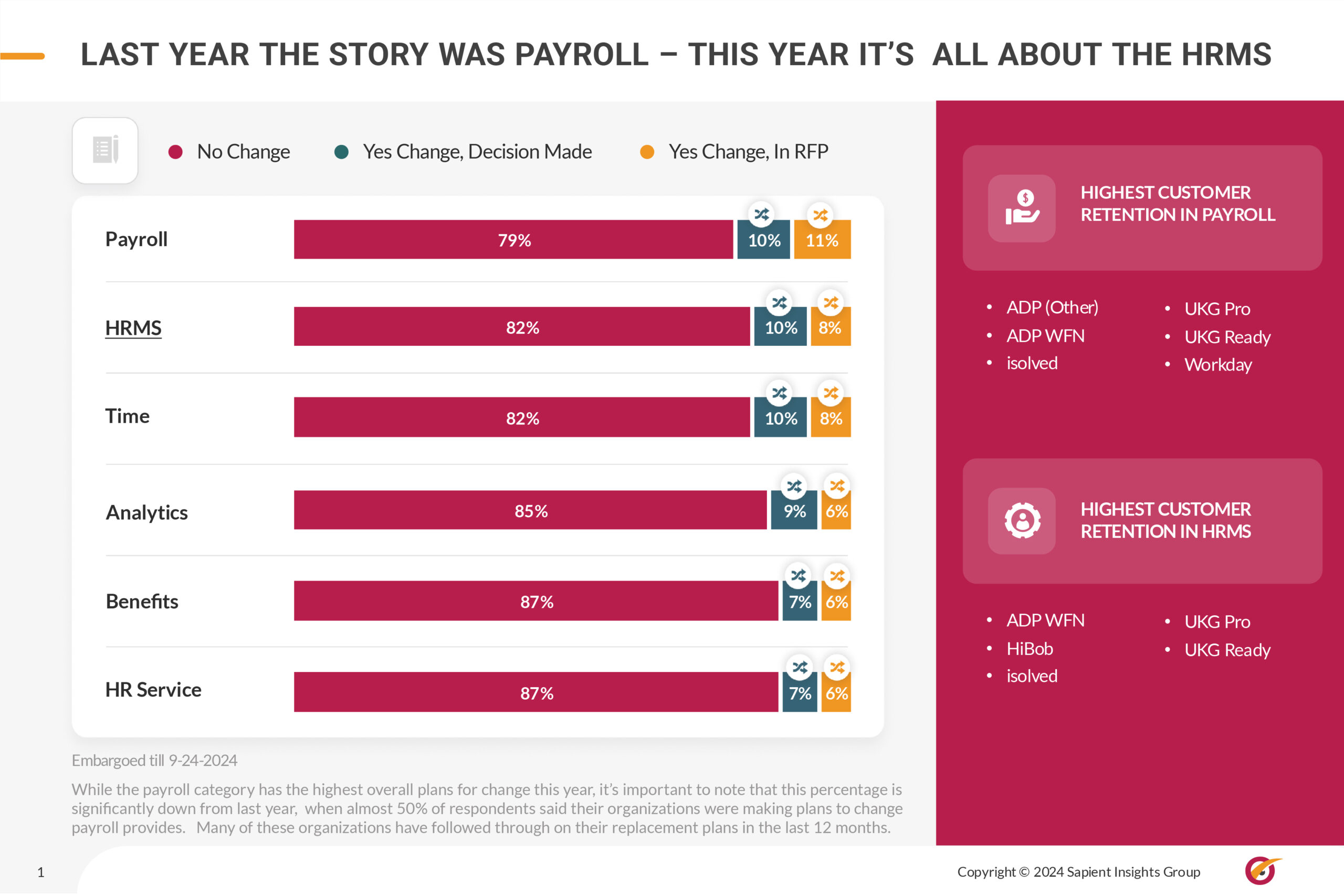Why inclusive leadership needs to be prioritised in 2024
- Champa Ha

Inclusive leadership is fast becoming a priority in organisations, with a US$7 Return on Investment (ROI) for every US$1 spent on leadership programmes, according to a recent report titled The State of L&D in 2024. The report cited the importance of traditional “soft” skills such as emotional intelligence and effective communication for leaders of the future, also known as “inclusive-leadership competence”. To develop this, learning and development needs to focus on human skills rather than soft skills, said Julie Kratz, Founder of Next Pivot Point and Little Allies, organisations that focus on allyship in the workplace and youth.
It was imperative, Kratz explained in an article for Forbes, to identify emotional intelligence and effective communication as human skills rather than soft skills, and that these skills are necessary in hybrid work environments that are subject to rapid change from technology and competition. These common human skills include emotional agility, trust, cultural intelligence, allyship, growth mindset, vulnerability, and empathy, all proven to be highly correlated with business performance.
Sustainable learning content, Kratz highlighted, is also imperative as on average, leadership-development courses last a year or less which does not allow for cascading training to all levels of the organisation or adapting content with new data and trends. “Look for opportunities for a current course to be mapped to the new learning objectives,” Kratz advised.
Lastly, leadership development needs to be seen as a holistic cultural shift that all employees should align to see better results. “Organisations must have the same expectations of inclusive-leadership behaviour and build the competencies necessary to foster those skills,” explained Kratz. “Then, the learning objectives become clear, and the organisation can create content to achieve that level of competence.”
READ MORE: ‘Tis the season for ‘job cuffing.’ How to avoid the trend
To measure the ROI of inclusive-leadership programming, Kratz suggested that organisations measure competency shifts throughout a programme, with before and after knowledge checks or after employee engagement surveys for the leaders involved.






